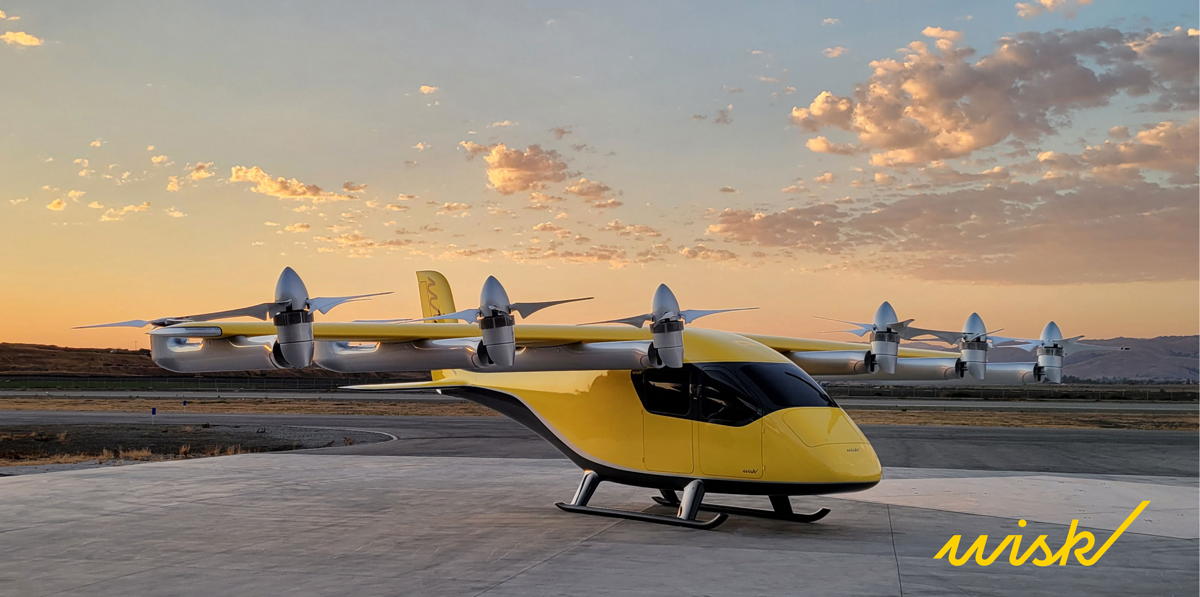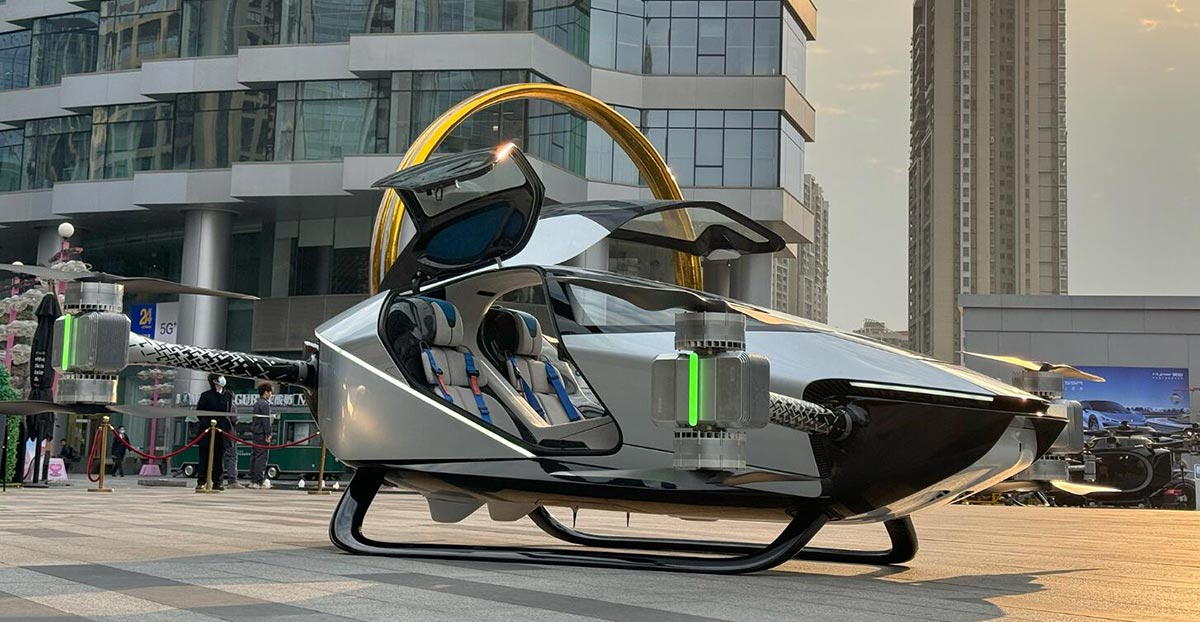Wisk Plans Autonomous Air Taxi Flights By Decade’s End

Boeing-owned start-up Wisk plans autonomous eVTOL flights by end of decade as companies crowd into nascent air-taxi market
Boeing subsidiary Wisk Aero said it is planning to conduct passenger flights of its autonomous electric aerial vehicle later in this decade and announced a partnership designed to have Australian flights in place for the Brisbane 2032 Olympic and Paralympic Games.
The company is developing an electric vertical take-off and landing (eVTOL) aircraft with a four-passenger caxxpacity, like a number of competitors ranging from established aerospace firms to start-ups.
Unlike most, however, Wisk’s vehicle has no pilot, although autonomous flights are intended to be supervised from the ground.
The company has said its technology allows operators to save on pilot costs.

Autonomous flights
The company’s chief executive Brian Yutko told reporters at the Farnborough Airshow that the firm’s latest model with a range of 90 miles is intended to fly this year.
“We are right now testing and producing the elements of this aircraft that we will hope to fly around the end of this year,” he said.
The company is working with US regulators on certification for the autonomous vehicle.
At the show the company announced a partnership with Skyports to develop an air network in the South East Queensland region of Australia in time for launch for the 2032 Olympics.
Industry analysts Bain expressed scepticism in a recent report, saying full autonomous passenger flights are not expected before the late 2030s.
Mountain View, Califonria-based Wisk started as a joint-venture between Boeing and Kitty Hawk Corp before being bought out by Boeing last year.
At the same show Hyundai unit Supernal displayed its eVTOL product concept, S-A2, which had its official announcement in January and is intended to begin commercial flights in 2028.

Real-world testing
eVTOL aircraft makers face numerous technical and regulatory hurdles to achieving the vision of putting them into service as environmentally friendly means of transportation in urban areas.
AeroHT, the aerospace subsidiary of Chinese electric carmaker Xpeng, in March completed the first successful test flight of its X2 eVTOL aircraft, dubbed a “flying car”, over the city of Guangzhou, where Xpeng and AeroHT both have their headquarters.
The low-altitude urban test flight was designed to gain flight experience and validate the aircraft for future uses including urban transport and sightseeing routes.
The route from Tiande Centre to Canton Tower was one AeroHT said was suitable as a tourist or urban transport route.
Following the successful flight AeroHT said its vehicles were now prepared for use in complex urban environments.
